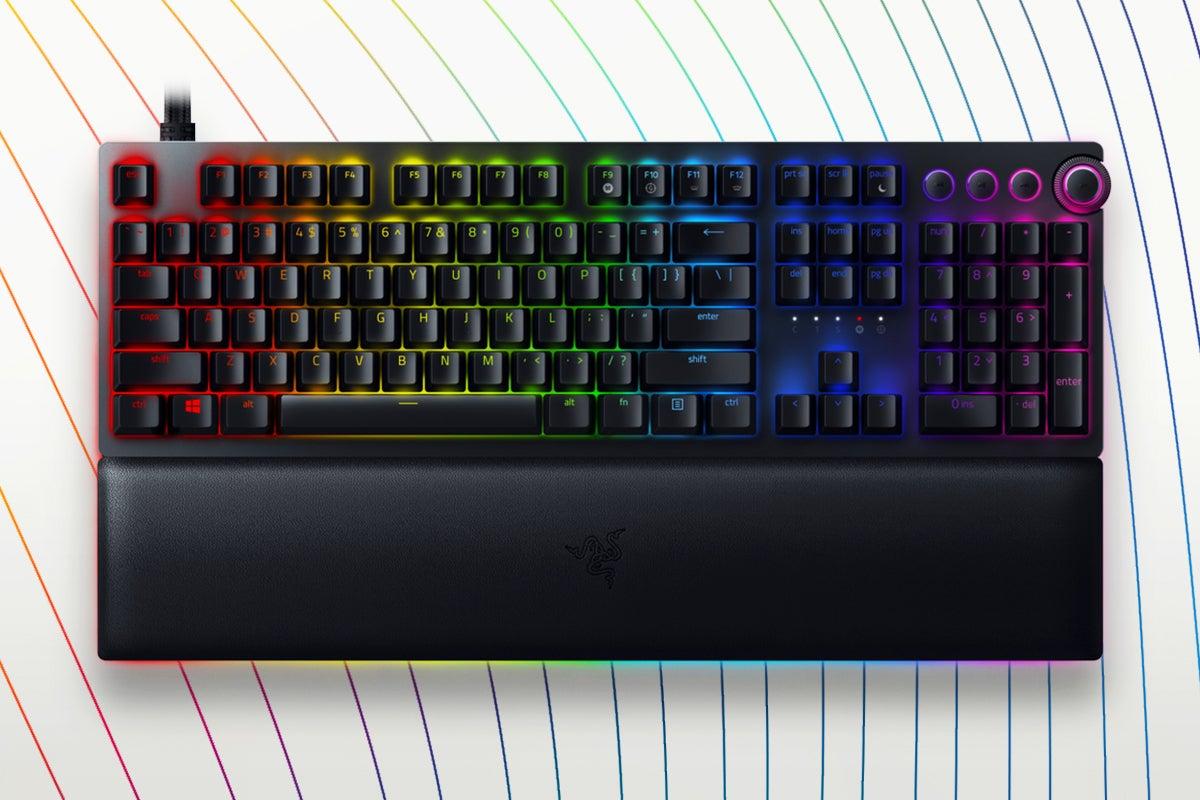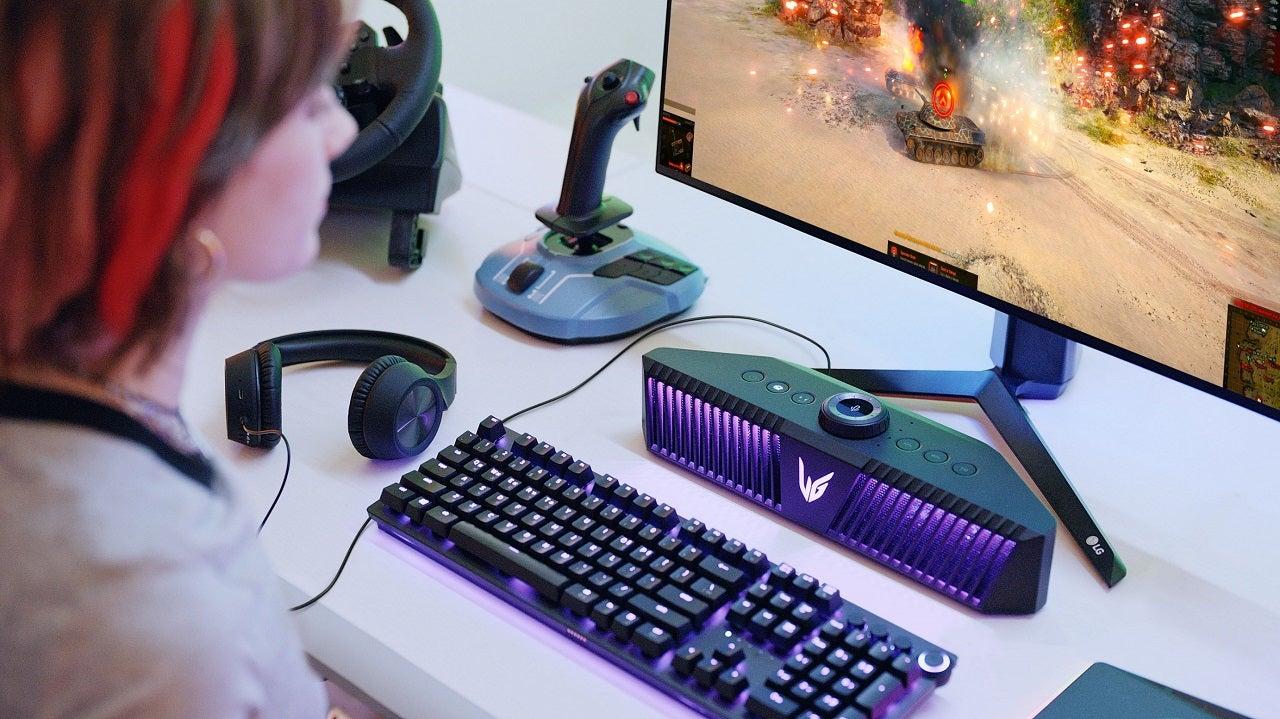In a world where dazzling universes unfold at the tap of a button, virtual heroes take their stand, and epic quests are embarked upon in the warmth of our living rooms, it’s undeniable – video games have secured their indomitable position as a cultural revolution. No longer confined to the realms of pixels and controllers, the impact of these virtual adventures has permeated our collective consciousness, shaping the very fabric of modern pop culture. As we delve into the multiverse of gaming, this article sets out to explore the intricate threads that bind video games and our society together, revealing how these digital odysseys have forever altered the way we interact, experience, and perceive the world around us. Step into the pixelated abyss of invention and wonder, as we unravel the extraordinary influence of video games on the tapestry of our cultural landscape.
The Evolution of Video Games: From Subculture to Mainstream Phenomenon
Video games have come a long way since their humble beginnings as a niche subculture. Today, they have become a mainstream phenomenon that has had a significant impact on popular culture. The evolution of video games can be seen in the way they have transformed from simple pixelated graphics to immersive, realistic virtual worlds.
One way video games have shaped pop culture is through the rise of esports. Competitive gaming tournaments have gained massive popularity, with professional gamers becoming household names and earning millions of dollars in prize money. Esports have brought gaming into the mainstream consciousness, with major broadcasting networks now airing tournaments and sponsors flocking to support teams and events. This cultural shift has resulted in more people viewing video games as a legitimate form of entertainment and competition.
Another aspect of the impact of video games on pop culture is the integration of gaming into other forms of media. Hollywood has recognized the mass appeal of video games and has adapted many popular game franchises into blockbuster movies. This crossover between gaming and cinema has further solidified the influence of video games in mainstream culture, blurring the line between virtual gaming experiences and traditional storytelling. Additionally, video game soundtracks have become recognized as an art form in their own right, with renowned composers creating epic scores that enhance the immersive experience for gamers.
| Gaming Revolution | Impact |
|---|---|
| Esports | Legitimization of gaming as a competitive sport |
| Crossover with Movies | Integration of gaming into mainstream cinema |
| Video Game Soundtracks | Recognition of video game music as an art form |
The evolution of video games from a subculture to a mainstream phenomenon has had a profound impact on pop culture. With the rise of esports, gaming has become a legitimate and respected form of competition. The integration of video games into movies and the recognition of video game soundtracks as art have further solidified their influence. The gaming revolution is far from over, and it will continue to shape and redefine popular culture in the years to come.

Blurring Boundaries: The Interplay between Video Games and other Forms of Entertainment
In today’s rapidly evolving world, video games have become more than just a form of entertainment; they have become a cultural phenomenon that transcends boundaries and influences diverse aspects of our daily lives. Gone are the days when video games were viewed as a solitary activity confined to a small group of individuals. With the rise of multiplayer gaming and online platforms, video games have transformed into a social experience that connects people from all walks of life. This interplay between video games and other forms of entertainment has blurred traditional boundaries and ushered in a gaming revolution that has had a profound impact on pop culture.
One striking example of this interplay is the convergence of video games and film. In recent years, we have witnessed a surge in video game adaptations hitting the big screen. From beloved franchises like “Assassin’s Creed” to the fantasy epic ”The Witcher,” video game-inspired movies have garnered significant attention and traction in popular culture. This blending of mediums not only serves to expand the fan base of video game franchises, but also pushes boundaries, inviting enthusiasts of film to delve into the immersive worlds of gaming.
Furthermore, the integration of music into video games has proven to be yet another groundbreaking aspect of this interplay. With advancements in technology, game developers have been able to create captivating soundtracks that elevate the gaming experience to new heights. From iconic sound effects to original compositions, the music featured in video games has become a vital component that adds depth and emotion to the overall narrative. This fusion of audio and interactive visuals has contributed to an unparalleled sense of immersion, captivating players and blurring the lines between gaming and other forms of entertainment.
As the boundaries between video games and other forms of entertainment continue to blur, it is an exciting time for both enthusiasts and creators alike. The impact of video games on pop culture is undeniable, shaping the way we consume and engage with various forms of media. With each passing year, we can expect to see new, innovative collaborations and explorations that further push the boundaries of this interplay, cementing the gaming revolution as a pivotal force in shaping the cultural landscape.
Harnessing the Power of Gamification: Promoting Engagement and Learning through Video Games
Video games have undoubtedly taken the world by storm, revolutionizing not only the way we entertain ourselves but also how we perceive and interact with popular culture. With their immersive storytelling, captivating graphics, and addictive gameplay, video games have become more than just a pastime - they have become a cultural phenomenon.
One of the most significant impacts of video games on pop culture lies in their ability to harness the power of gamification, promoting engagement and learning in an unprecedented manner. Gamification, the integration of game elements into non-gaming contexts, has been successfully used in various industries to enhance productivity, motivation, and learning outcomes. By incorporating elements such as reward systems, achievements, and competition, video games make the process of learning and engaging with content enjoyable and addictive.
Benefits of Gamification in Education:
- Increased student motivation and engagement.
- Enhanced problem-solving and critical thinking skills.
- Improved retention and understanding of complex concepts.
- Opportunities for collaborative learning and teamwork.
While some may argue that video games are merely a source of entertainment, their potential to transform education and enhance learning should not be underestimated. By harnessing the power of gamification, educators can tap into the innate curiosity and enthusiasm that video games ignite within players, fostering a love for learning that extends beyond the virtual world. As the gaming revolution in pop culture continues to evolve, it is essential to recognize and utilize the potential of video games as a tool for engagement and promoting lifelong learning.

Fostering Inclusivity and Diversity: The Importance of Representation in Gaming
While the gaming industry continues to grow at an unprecedented pace, it is vital to highlight the revolutionary impact that video games have had on pop culture. One of the most notable aspects of this impact is the way games contribute to fostering inclusivity and diversity.
Gone are the days when video game protagonists were predominantly limited to the stereotypical white male hero. Today, the industry is taking significant strides in representing people of all genders, ethnicities, and backgrounds. This shift is not only a reflection of the diverse audience gaming attracts but also a recognition of the importance of inclusivity in creating immersive and relatable experiences.
- Breaking Stereotypes: Gaming is providing a platform for breaking down ingrained stereotypes by empowering marginalized groups. Characters that challenge gender norms, racial biases, and societal expectations promote understanding and acceptance.
- Cultural Representation: The gaming revolution has allowed for greater cultural representation, helping players explore different traditions, histories, and perspectives. By incorporating diverse narratives, games become powerful tools for fostering empathy and cross-cultural understanding.
- Accessible Game Design: Inclusivity in gaming extends beyond representation. Developers are actively working towards making games more accessible to differently-abled individuals. By implementing customizable controls, subtitles, and audio options, the industry is striving to ensure that gaming is truly an inclusive pastime for all.
The influence of video games on pop culture cannot be understated. As the gaming revolution continues to unfold, emphasizing the importance of representation and inclusivity will further enrich the world of gaming, igniting important conversations and opening doors to a more accepting and diverse future.
As we bid farewell to the enchanting virtual realms and emerge from the magnificent realm of gaming, it is abundantly clear that video games have revolutionized our pop culture landscape. From the humble beginnings of arcades to the immersive experiences of virtual reality, their impact is undeniable.
Through the intricate narratives and captivating characters, video games have woven themselves into the very fabric of our society. They have seamlessly bridged the gap between entertainment and art, compelling us to question, reflect, and marvel at the boundless possibilities of human imagination. With each passing year, their influence permeates deeper into the collective consciousness, embedding itself within the very essence of our popular culture.
No longer confined to the label of mindless pastime, gaming has transformed into an interactive medium that mirrors the triumphs, challenges, and complexities of our world. With each joystick maneuver or mouse click, we engage not only in a playful escape but also in a profound exploration of our own human nature.
The growth of the gaming industry has mirrored the expansive reach of pop culture itself. Video games have become a thriving cornerstone of global entertainment, effortlessly surpassing the realms of movies and music. With blockbuster releases shattering sales records and captivating audiences worldwide, it is evident that video games command center stage in the ever-evolving landscape of popular culture.
But beyond the confines of entertainment, gaming has spurred unprecedented advances, transcending its own boundaries to impact various fields. From education to healthcare, game mechanics and elements have been ingeniously incorporated to enhance learning experiences, therapeutic interventions, and even social movements. The marriage of technology and artistry has created a gateway for innovation and progress, showcasing the remarkable potential of video games to shape our future.
As pixels dance upon screens, forging connections and evoking emotions, we find ourselves inexorably drawn to their magnetic allure. Video games have become a vessel of escapism, a catalyst of creativity, and a catalyst for social connectivity. Through the friendships forged in virtual realms, communities have blossomed, united by a shared love for the intricacies of this digital medium.
As we embark on this timeless journey, it becomes clear that the gaming revolution has carved a permanent place in our society. With a blend of awe and anticipation, we join hands with gamers across the globe, ready to venture forth into the next chapter of this indomitable saga. For video games have not simply transformed pop culture; they have become the very essence of its evolution, forever leaving an indelible mark on the tapestry of human experience.




